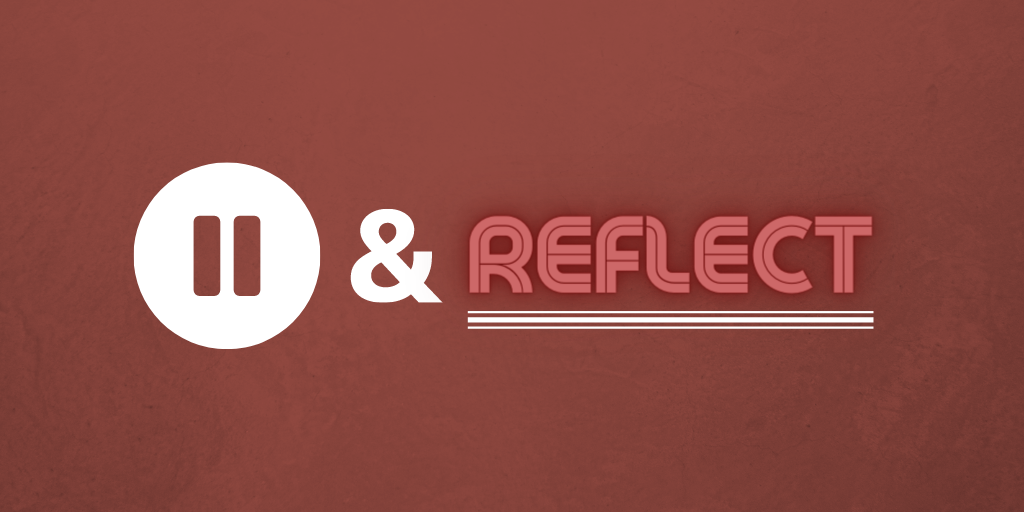Listen to the August Reflections by Dr. Nkechi Olalere, Executive Director at Strategic Purchasing Africa Resource Center (SPARC).
COVID-19 has shown that no country possesses the capacity to mount a fully effective response. From the time the pandemic sneaked through most countries’ domestic borders, community spread has become the order of the day.
Response requires resilience – capacity to mount an effective response to the virus while continuing to maintain other essential services.
How do countries make this happen?
Countries have to walk the tight rope of providing urgent response to the medical and economic fallouts of the pandemic while working within the ambits of the law. Oftentimes, exceptions have to be made. Typically, they should be time-limited with every effort made to ensure transparency. With a raging pandemic and other health needs to address, this is a difficult balance to maintain.
This was the focus of our virtual engagements in August. How governments are exercising authority, decision-making, ensuring participation and accountability with regard to how interventions are selected, managed and enforced during the pandemic. Why are we interested in this? Because effective governance arrangements support strategic purchasing, ensuring strong coordination of all key actors, providing clear rules for decision making and appropriate regulations. Strategic purchasing, in turn, is vital for progress towards universal health coverage.
Although some of the discourse around governance and COVID-19 have revolved around the abuse of citizen trust by governments, corruption and resource misuse, and has also raised concerns about global governance, it’s not all bad. Data points to the fact that countries that have effective governance structures are mounting a better response to the pandemic than those with weaker structures.
And there are other pockets of progress
- Good data is increasingly being used to inform strategic planning and operations; – In Kenya, a paper on hospital surge capacity for COVID-19 provided data that showed capacity gaps and where investments should be focused on. ‘The Pandemic has taught us the value of crowdsourcing evidence locally & regionally – Chief Administrative Secretary, MOH Kenya
- There is a renewed focus on information management systems to handle governance and purchasing tasks. Our panelists from Ghana told us that the COVID-19 crisis has provided an opportunity to integrate different data sources and provide disaggregated data at all levels. ‘We should ensure we do not waste the COVID crisis. Data quality and availability of data is key’ – policy maker from Ghana.
- Most countries are ensuring that they have the right managerial capacity and leadership of governance and purchasing for the pandemic. The way our panelists from Uganda put it, they said ‘The responsible manager in the pandemic governance structures matters in all pillars. All persons have certain special skills, expertise and knowledge and in the spirit of participation and inclusiveness all efforts are to be leveraged’ – Uganda panelist.
- The pandemic reinforced what we already knew – that engagement of stakeholders is important for reforms. Most pandemic structures are inclusive utilizing the Whole of government, whole of society approach even though. Private sector is being leveraged to varying extents in countries
- Accountability – Adequate levels of transparency and strong controls are needed to ensure that the purchaser does not misuse its flexibility and delegated autonomy with wasteful or inappropriate expenditure. Countries are speaking to this in various forms:
- In Benin, the official government website is publishing funds received from individuals and private organizations and the Economic Crime Court is open to deal with any misuse of funds.
- The Presidential Task Force (PTF) in meets daily and gives a daily press briefing that is aired on all major TV stations. All contracts for COVID-19 are published
- Ghana Health Service website is updated daily; bi weekly Press briefings led by the Ministers of Information and Health for public update and response to questions. A situational report is also generated and shared amongst all stakeholders in the health sector on a regular basis.
Although significant challenges still exist, especially with accountability, these are areas that can be leveraged for continued improvements – low hanging fruits. What are you observing about governance in the COVID-19 response? Leave us a comment and let us know.
Visit our website to read the curated tweets and key messages from our Twitter chat on governance for purchasing for COVID-19 and the blog post of the month on the same subject by Dr Edwine Barassa of Kemri Wellcome Trust.

